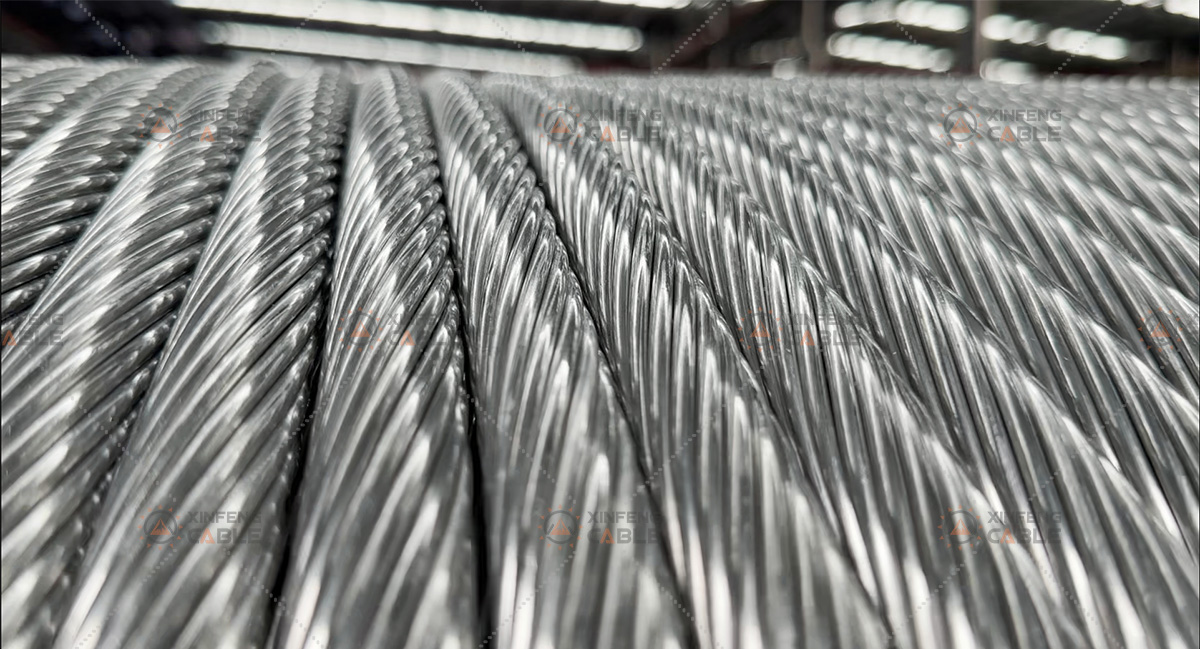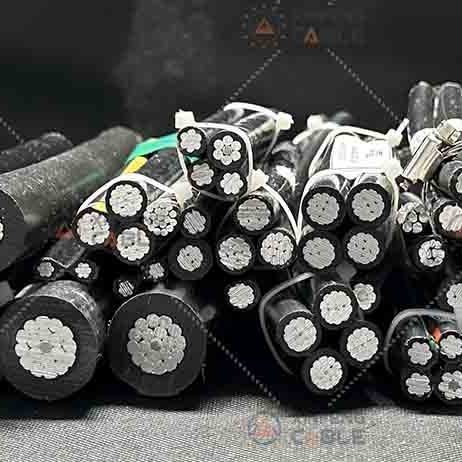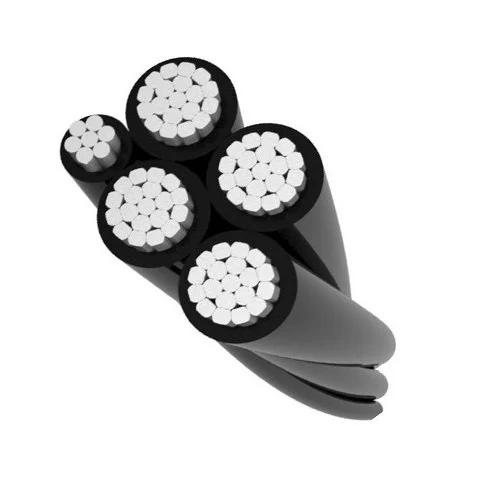Cables are used to provide power to the trains and metros, including the locomotive engines, lighting systems, and HVAC systems. The cables used for power transmission must be designed to withstand the harsh environmental conditions found in the rail and metro industry and be resistant to mechanical stress, abrasion, and environmental factors such as moisture, heat, and cold.
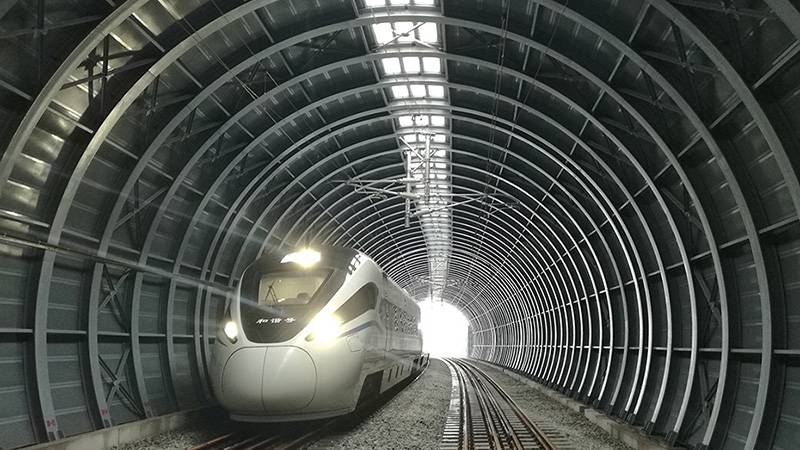
Cables are also used for communication and control in rail and metro applications. This includes the use of data cables to transmit information from various sensors and systems, such as train speed, location, and passenger information. Control cables are used for automated systems that manage train and metro operations, including signaling and track switching systems. These cables must be designed to provide reliable performance and must be resistant to interference from other systems and environmental factors.
To meet the demands of the rail and metro industry, cables used in this field must be designed to handle high power transmission, provide excellent electromagnetic compatibility, and have a long service life. They must also be fire-resistant and low-smoke, as a fire in a confined space such as a tunnel could be disastrous.
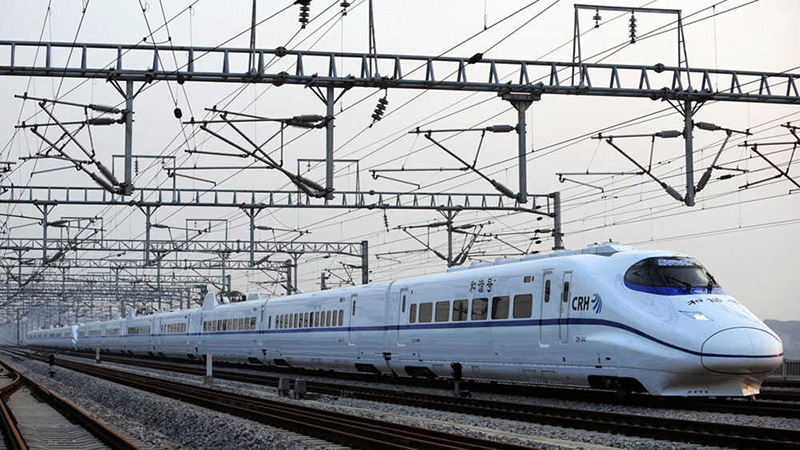
In addition, cables used in the rail and metro industry must be able to withstand mechanical stress caused by frequent movement, vibration, and bending. They must also be resistant to oil, chemicals, and other substances commonly found in this industry.
To ensure high-quality and reliable performance, it is essential for us to work closely with rail and metro industry professionals to understand their specific needs and design cables that meet those requirements. Offering customized and OEM services can help to ensure that rail and metro customers receive the right cables for their unique applications.



